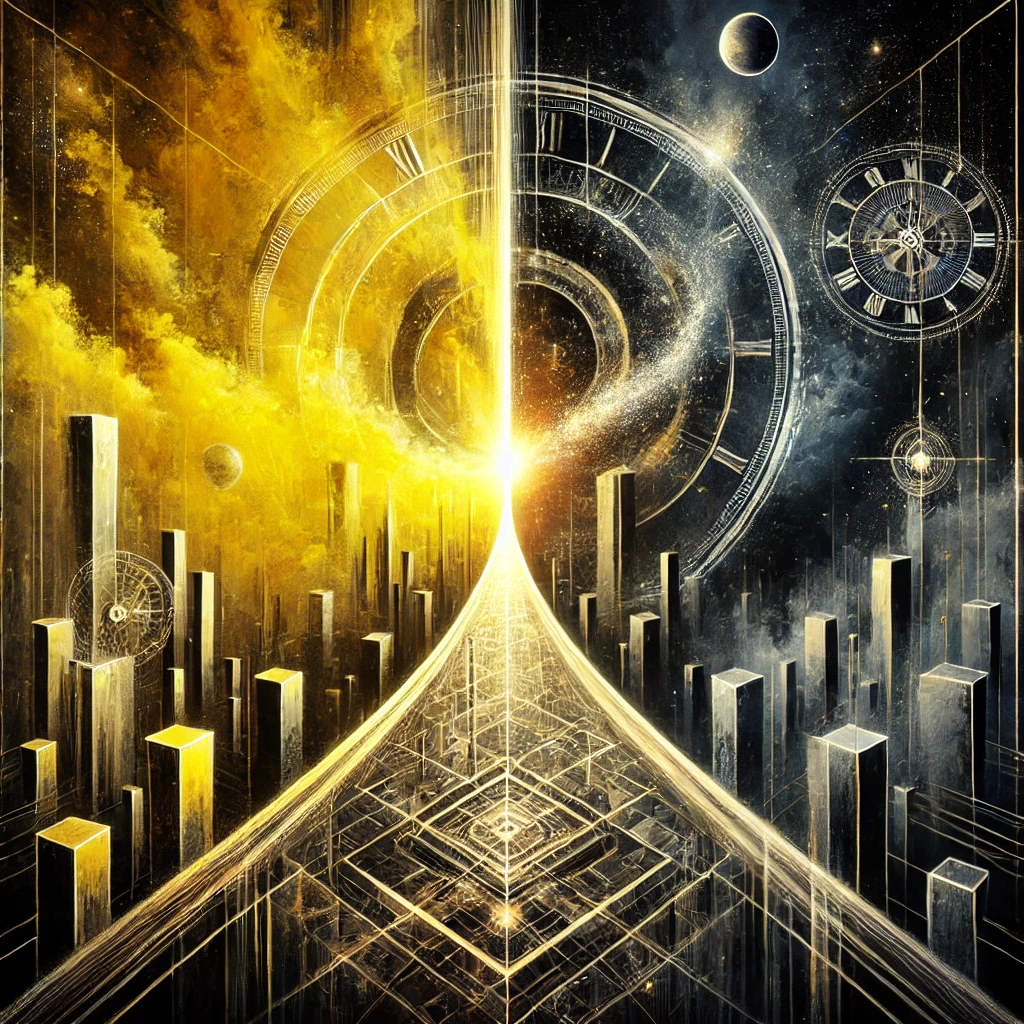
Pre-Destiny: Is Our Future Already Written?
Introduction: Is Our Life Already Decided?
Have you ever wondered if your future is already set in stone? The concept of pre-destiny suggests that our lives, choices, and even outcomes are already determined, leaving little room for personal control. But is that true, or do we have the power to change our fate?
In this blog, we’ll explore the meaning of pre-destiny, its connection to free will, and how different philosophies, religions, and sciences view this concept. Along the way, we’ll also examine related ideas like predestinate meaning in the Bible, predestined vs. predestinated, and how predeterminately our actions may be shaped by unseen forces.
Pre-destiny is the belief that all events in life are predetermined by a higher force, natural laws, or universal design. It implies that everything—our successes, failures, relationships, and even our thoughts—are preordained, leaving little to no room for personal control.
However, pre-destiny is not the same as destiny:
| Pre-Destiny | Destiny |
|---|---|
| Implies everything is already written and cannot be changed. | Suggests a final outcome, but the path to it can change. |
| Often tied to divine will, determinism, or cosmic laws. | Leaves room for personal decisions and effort. |
| Absolute and unalterable. | Can be influenced by choices and actions. |
For example, if someone believes in pre-destiny, they may feel that no matter what they do, their fate is already sealed. Destiny, on the other hand, suggests that while the end goal is fixed, how you get there is up to you.
One of the greatest philosophical debates is whether humans have free will or if everything is already determined.
Arguments for Pre-Destiny (Determinism):
✔️ Some religious beliefs suggest that a divine plan governs everything (predestinate meaning in the Bible).
✔️ Science shows that genetics and environment shape behavior, limiting free will.
✔️ Many believe in “everything happens for a reason”, suggesting an unseen force guiding events.
Arguments for Free Will:
✔️ If everything were pre-determined, why do we experience choice, regret, and change?
✔️ Psychology and neuroscience show that people make decisions based on reasoning and emotions.
✔️ Success stories of people overcoming hardships suggest that effort and willpower matter.
Different faiths approach the concept of pre-destiny differently:
- Islam: The concept of Qadr suggests that everything happens by Allah’s will, but humans are still responsible for their actions.
- Christianity: Some denominations believe in predestination, where God has already chosen the saved and the condemned (predestinate meaning in the Bible).
- Hinduism & Buddhism: Karma influences destiny, but actions can change future outcomes.
- Atheism & Agnosticism: Some believe that life is random and not pre-destined, while others think natural laws govern all events.
Scientific perspectives also weigh in on the debate:
🧠 Neuroscience: Studies show that the brain makes decisions milliseconds before we become conscious of them—suggesting that free will might be an illusion.
⚛️ Quantum Mechanics: Unlike classical physics, quantum theory introduces randomness, suggesting that not everything is predetermined.
🧬 Genetics & Epigenetics: While genes influence behavior, environment and choices still play a role in shaping one’s life.
If pre-destiny is real, does that mean we have no control over life? Not necessarily. Many philosophies support the idea of influence within pre-set boundaries, meaning that while some events might be unavoidable, the way we react and prepare for them is in our hands.
✔️ Mindset Matters: What you believe influences how you act. ✔️ Choices Shape Experience: Even if outcomes are pre-determined, the journey to them is not. ✔️ Actions Lead to Change: Your daily habits and efforts still shape your reality.
This debate is often explored in media and literature. Even pre-destiny movies showcase characters trying to fight against or accept their fate. Similarly, looking at predestiny synonyms, we can see how different cultures describe fate, destiny, or divine intervention.
The concept of pre-destiny vs. free will remains an open question, blending philosophy, science, and personal belief. Whether you believe life is written in stone or shaped by choices, the key is to live intentionally, take action, and embrace the journey.
What do you think? Do we control our fate, or is everything already written? Share your thoughts!
📞 Call: 9915356336
📧 Email: vikasamrohi@gmail.com

